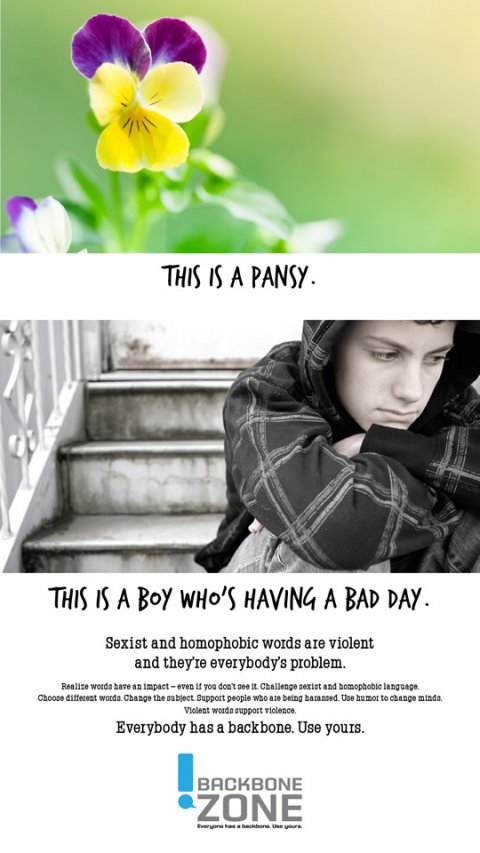To what extent do people in Australia have anti-feminist attitudes? A number of Australian surveys support the point that significant proportions of the population endorse anti-feminist beliefs that men are treated unfairly or discriminated against.
What's new
There is consistent evidence that stereotypical masculine attitudes and norms shape men’s and boys’ behaviour in harmful ways.
- Men who endorse traditional definitions of manhood are more likely to suffer harm to themselves.
- Men who endorse traditional definitions of manhood are more likely to do harm to others.
The following notes summarise the evidence of associations between men’s conformity to stereotypical masculine norms and a range of outcomes, including:
ASK A MATE is a new app aimed at boys and young men that aims to provide sound, evidence-based advice on topics including relationships, gender, consent, domestic and sexual violence, delivered by high-profile positive male role models who young men are willing to listen to.
ASK A MATE has been created by Beyond DV, an Australian charity focused on shaping a society free from domestic violence.
Fathers have a vital role to play in preventing and reducing men’s violence against women and in building a non-violent future.
Dads, Gender, and Violence Prevention
There is a strong rationale for engaging fathers in efforts to prevent men’s violence against women.
Increased public attention to issues of gender injustice has led to a proliferation of community-based programs for boys and men designed to educate for gender respect and gender justice. An intersectional approach to this work is now seen as imperative. In practice, however, this approach is far from simple or straightforward. This paper presents data from a broader study of community-based programs in Victoria, Australia designed to support men and boys to adopt more inclusive and respectful masculinities.
While the global body of knowledge on men and boys' experiences of sexual abuse during childhood has incrementally grown over the last several years, it remains an under-researched area of study. Drawing upon primary phenomenological research with men survivors of child sexual abuse (CSA) in India, in this chapter, I report and discuss findings that explore the gendered meanings that men who have experienced CSA make of their abuse experiences against a backdrop of heteropatriarchal assumptions and expectations regarding masculinity.
There is intensified attention in Australia at present to the messages about manhood, good and bad, that boys and young men grow up with.
There is now a field of programming and policy focused on ‘engaging men and boys’. This involves efforts self-consciously aimed at men or boys and addressing their involvements in gender in some way, and can be termed the ‘engaging men and boys’ field (Greig & Flood, 2020). The last decade has seen significant growth in this field. Programs and initiatives focused on men and boys have proliferated at local, national, and international levels.
The latest XY blogs
More great reading
Also in XY...
- Articles - Over 200 articles on a wide variety of issues, sorted by author or date
- Blog - Read the XY blogs
- Write / Publish - How to contribute to XY.
- Links - A comprehensive collection of over 600 online resources
- The Men’s Bibliography - A comprehensive bibliography of writing on men, masculinities, gender and sexualities
- What is XY? - Who we are, what we do
- Image gallery - All the images on XY
- Contact - Get in touch with XY
- Donate - If you think XY is a good thing, send us some money!
You can also:









